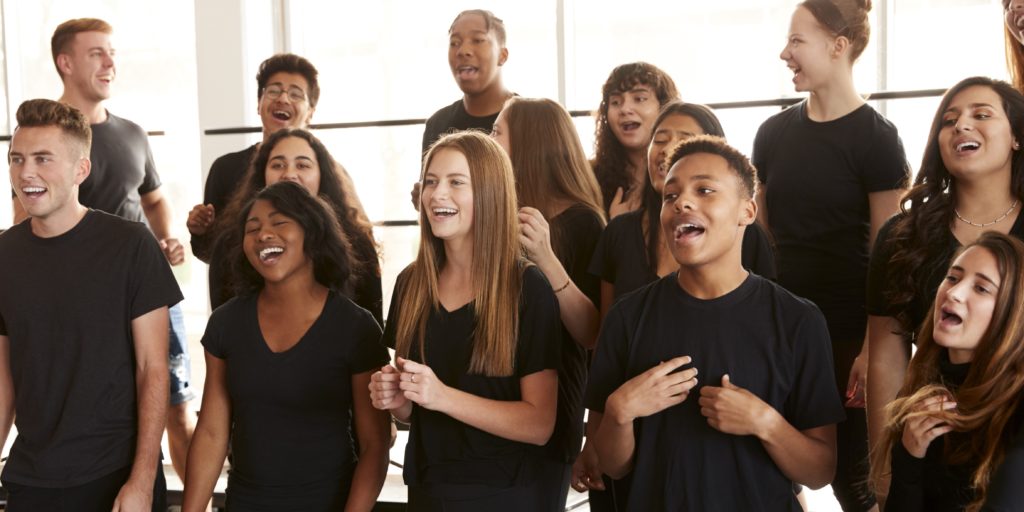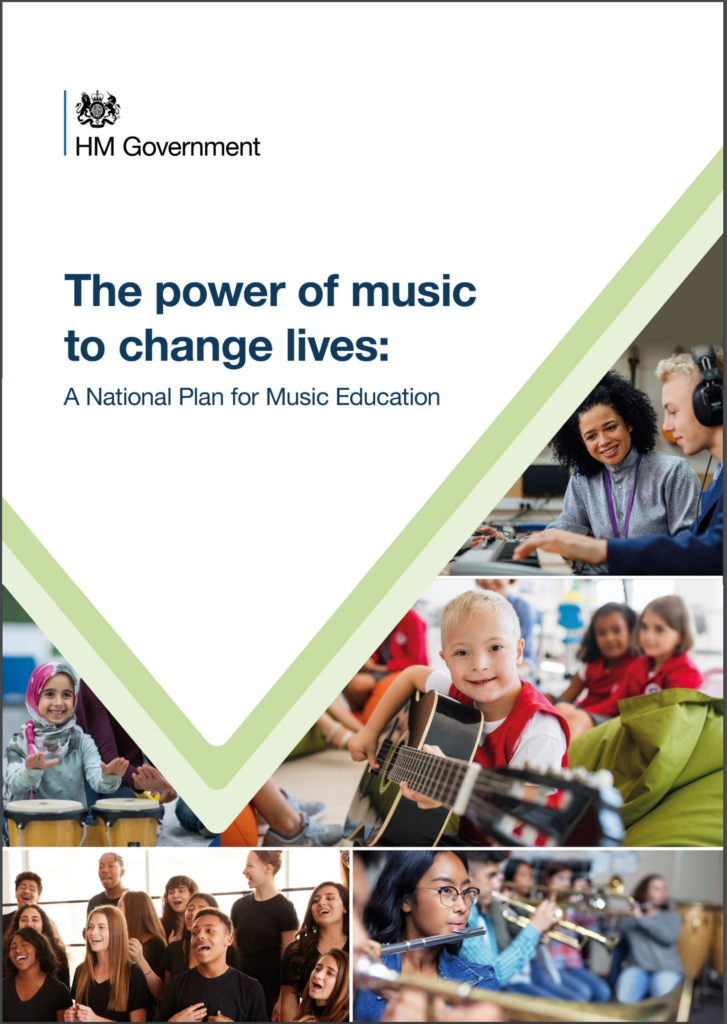Dr Anna Mariguddi

On Saturday 25th June 2022, the much anticipated (second) National Plan for Music Education (NPME) was published entitled; ‘The power of music to change lives’.
The (non-statutory) document represents political ideology (as does the Model Music Curriculum and Ofsted Research review series: music). Despite leaning towards traditional Western Art values, the NPME’s recognition of music as an ‘essential part of a broad and ambitious curriculum for all pupils’ (NPME, p.2) as a pledge is welcome and one on which we should hold this, and future governments to account.
Earlier in the year, headlines were grabbed by the Incorporated Society for Musicians’ (ISM) education report that questioned whether music was a subject in peril. Moreover, it highlighted an uncertain time for music education and brought to attention many concerns about inequality and a lack of inclusivity and uneven support for activity.
Certainly, there is still a long way to go to ensure that school music is truly valued in policy and practice for all young people; which brings us back to the fundamental question about the purpose of music education, and who should decide.
Does music have the power to change lives? Or is it more to do with the meaning that music holds for us as human beings? What power does music have as an agent of change both individually and within our communities? Can young people change their own lives through music?
Music has certainly impacted on my own life – socially, emotionally, and academically – even down to the small minute (but precious) moments when singing nursery rhymes in time with pushing my daughter on a swing.
Musical opportunity opened up to me aged eight, when my parents agreed to pay for me to rent a flute from our local music shop. But what if I hadn’t had parents willing and able to nurture my interest in music? Would a document like the NPME have sufficed instead? The optimist within me thinks that this is a possibility, but we will have to wait to find out how this plan plays out in practice – not just in select case studies, but for all young people across all schools.
Right now my Twitter feed is alive with activity linked to the hashtag #NPME2 – highlighting perceived good bits, potential areas for concern, and even spelling mistakes! You too can join that conversation!
Dr Anna Mariguddi is a Lecturer in Education, with a focus on music, at Edge Hill University.

